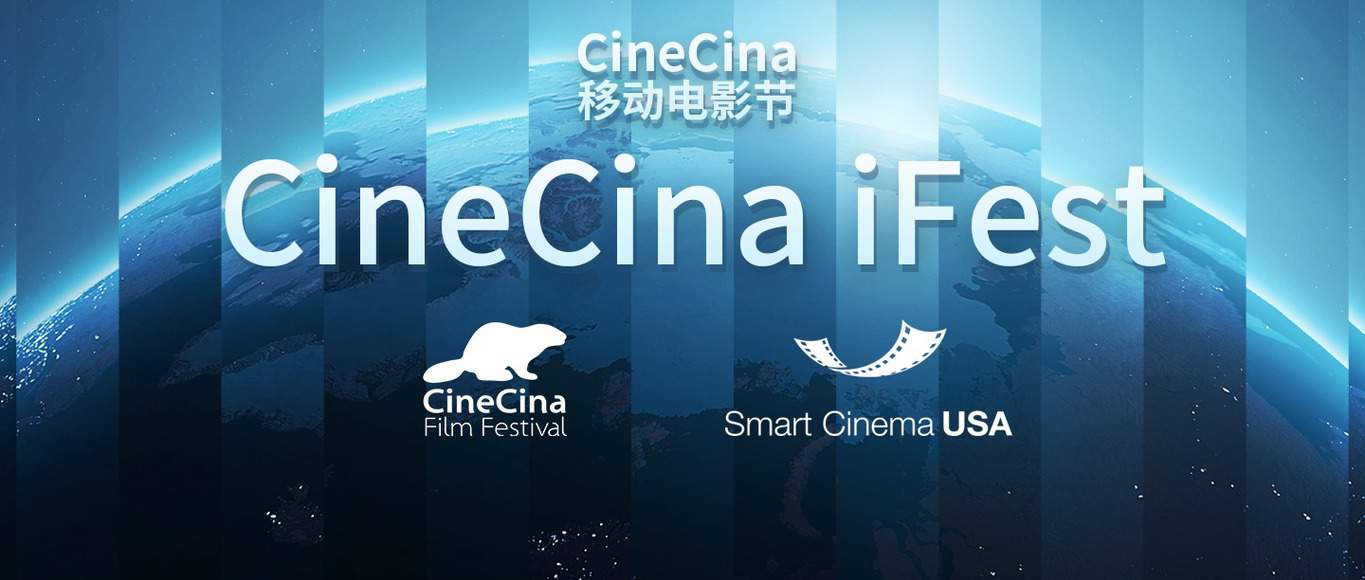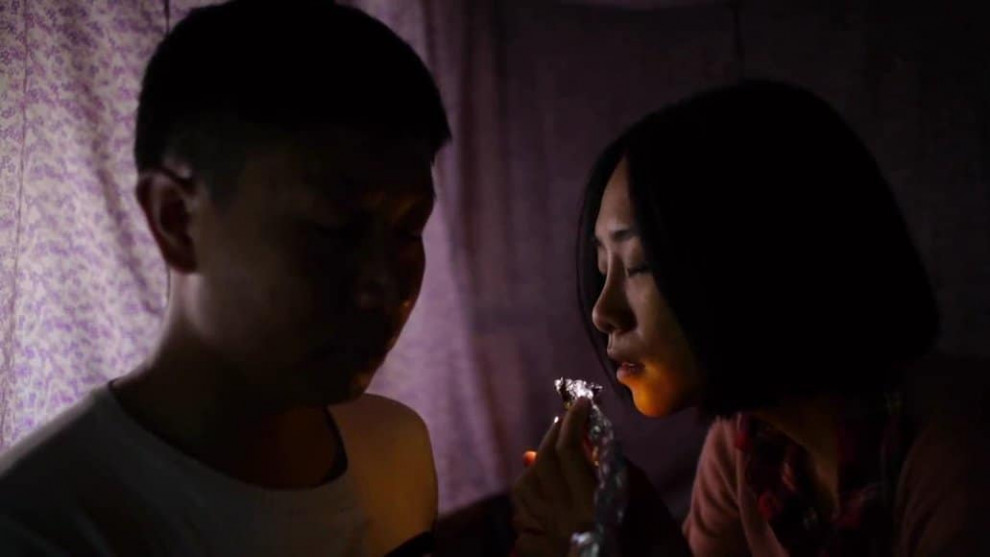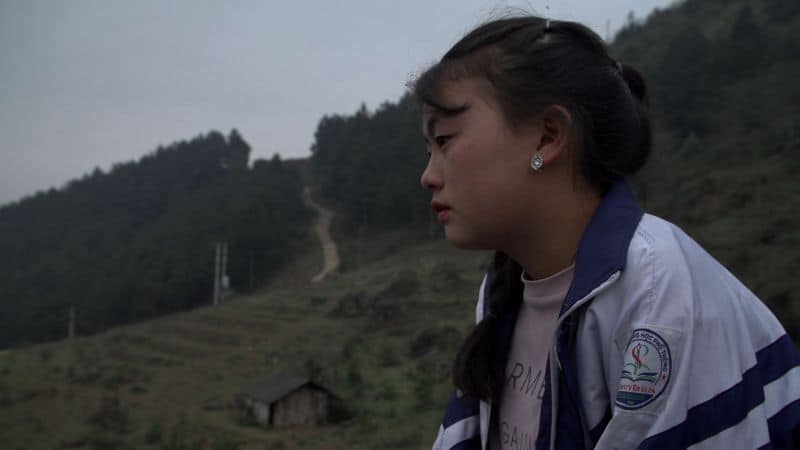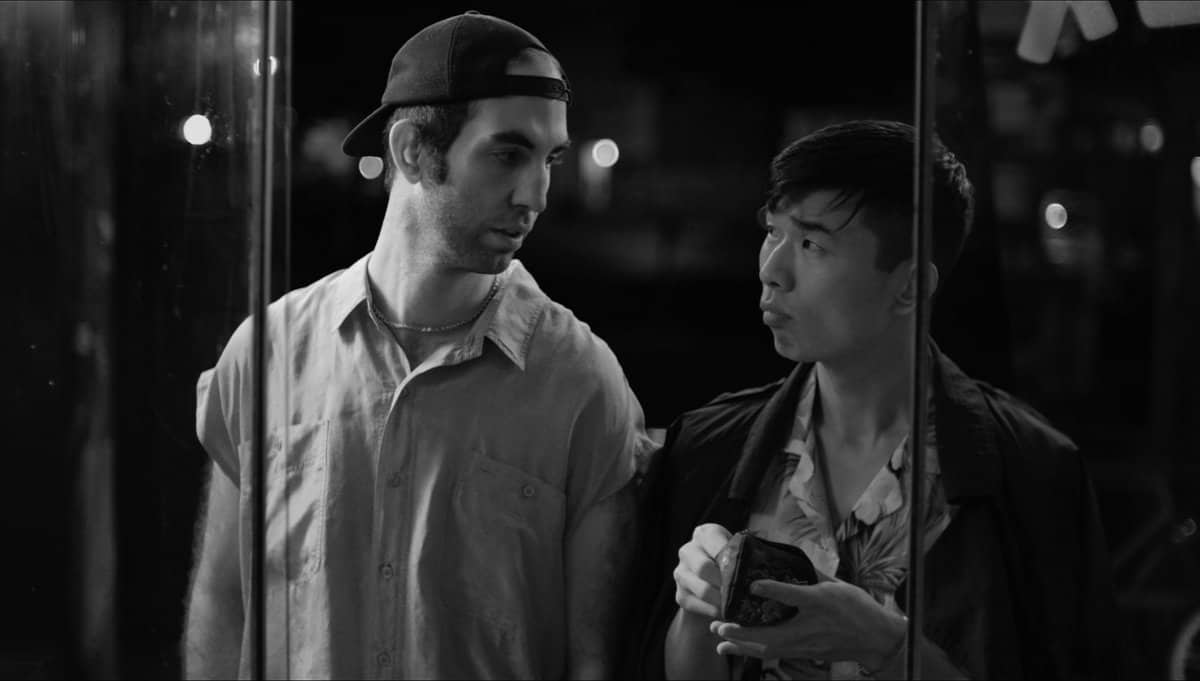After his second feature “Poor Folk” had received much critical acclaim within the international festival circuit, Midi Z's follow-up “Ice Poison” further manifested his reputation as one of the most promising directors from Taiwan. “Ice Poison” was thus featured in the 64th edition of the Berlin Film Festival and was Taiwan's entry as Best Foreign Language Film, but in the end was not considered for the final selection by the Academy. Besides representing a continuation of Midi Z's success as an artist, it is also a story deeply embedded within the themes and aesthetics of his former two efforts, exploring the cycle of Burmese refugees in Taiwan, especially the younger generation, as they struggle to make a living and find their identity.
“Ice Poison” is screening at CineCina iFest

At the center of the film, we follow the stories of two characters, a young man (Wang Shin-hong) and a woman named Sanmei (Wu Ke-xi) who has traveled to Lashio, where the story is set, to help her family bury her grandfather. After their business of growing and selling vegetables has proven to be unprofitable, the young man, encouraged by his father (Zhou Cai Chang) takes up various jobs, first as a scooter driver and later on a seller of fake cellphones, among other things. Upon Sanmei's arrival in Lashio, the two meet for the first time and later on, as they talk about their financial worries and Sanmei's attempt to escape the clutches of her Chinese husband she was sold to many years ago, they decide to become couriers for drug traffickers a common but dangerous venture as the “ice dealer”, Sanmei's cousin, is already being observed by the local police.
Similar to his former efforts, Midi Z, supported by cinematographer Fan Sheng-Siang, explores the living conditions of the characters through an almost documentary-like approach. In long takes and dialogues, the viewer bears witness to the excruciating task of gathering, or rather trying to borrow money from people, who have very little to give themselves other than a warm meal and perhaps some tea. Aesthetically, this realist approach, which was already featured in both “Return to Burma” and “Poor Folk”, adds to the feeling of authenticity, along with the matter-of-fact delivery of the dialogue.
Another factor which contributes to the overall effect of the film are the actors. Wu Ke-xi as well as Wang Shin-hong, both long-time collaborators of the director, manage to pull of two performances about characters fed up with being cheated and tricked, as Sanmei puts it during one of their conversations. The grinding cycle of going back and forth when it comes to getting money, asking for support and only making it by the skin of one's teeth has taken its toll on these two, with especially Wu Ke-xi playing Sanmei as a woman who is both vulnerable and also upset with what she perceives as a never-ending chain of misfortunes and bad luck.
Additionally, in terms of cohesion, “Ice Poison” is definitely a great step forward for Midi Z as a director and screenwriter. Running at 95 minutes, each scene feels essential, aimed at a core message about these characters and their world which says a lot about conditions in Taiwan, but also about the human condition in general. Midi Z explores characters forced into a certain set of actions due to circumstances which feel out of their control and because of their desperation to finally fulfill some of their dreams of the life they had wished for, once upon a time.
In the end, “Ice Poison” shows how much the director has developed as a storyteller, as it builds on the qualities of his former works, but shows much more precision and cohesion. Supported by great performances and solid cinematography, this third feature indeed underlines Midi Z's reputation as a filmmaker interested in social issues, presenting them in a style that is both fitting and aesthetically pleasing.















